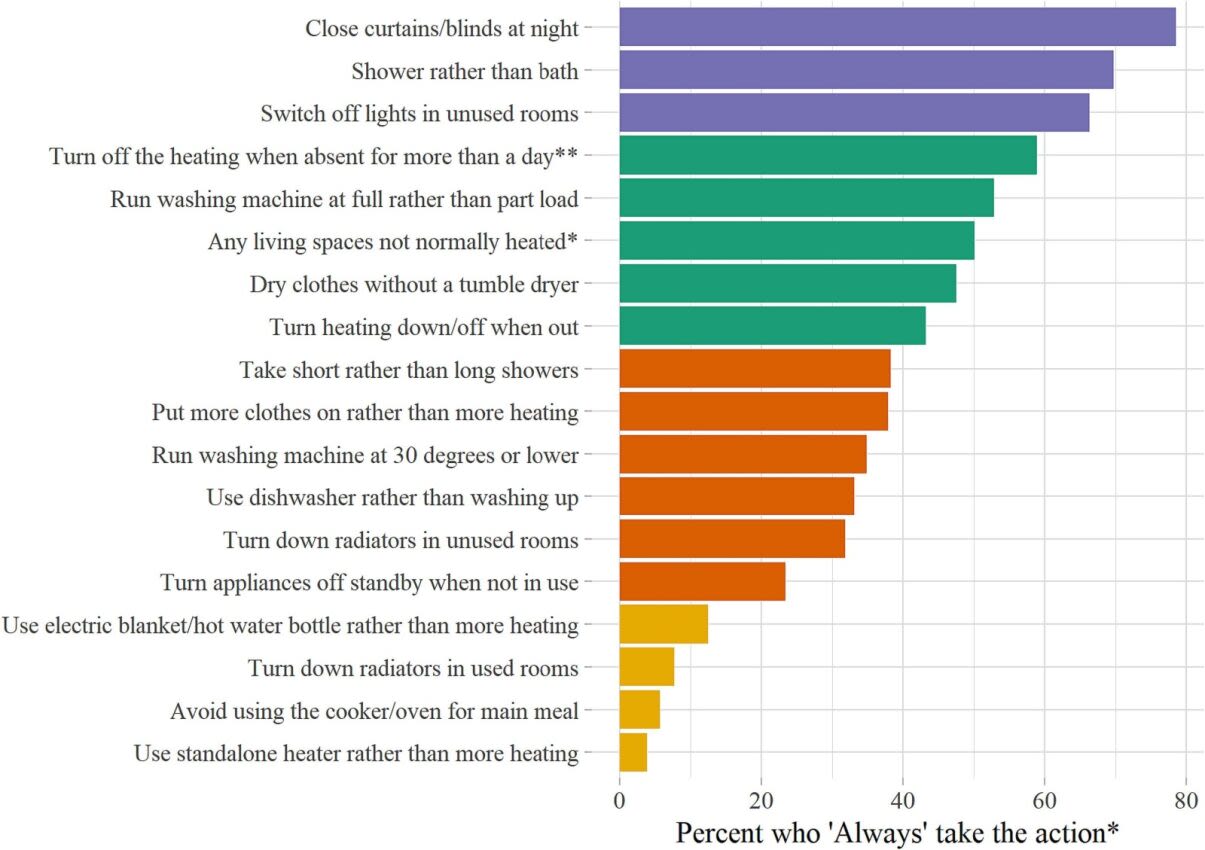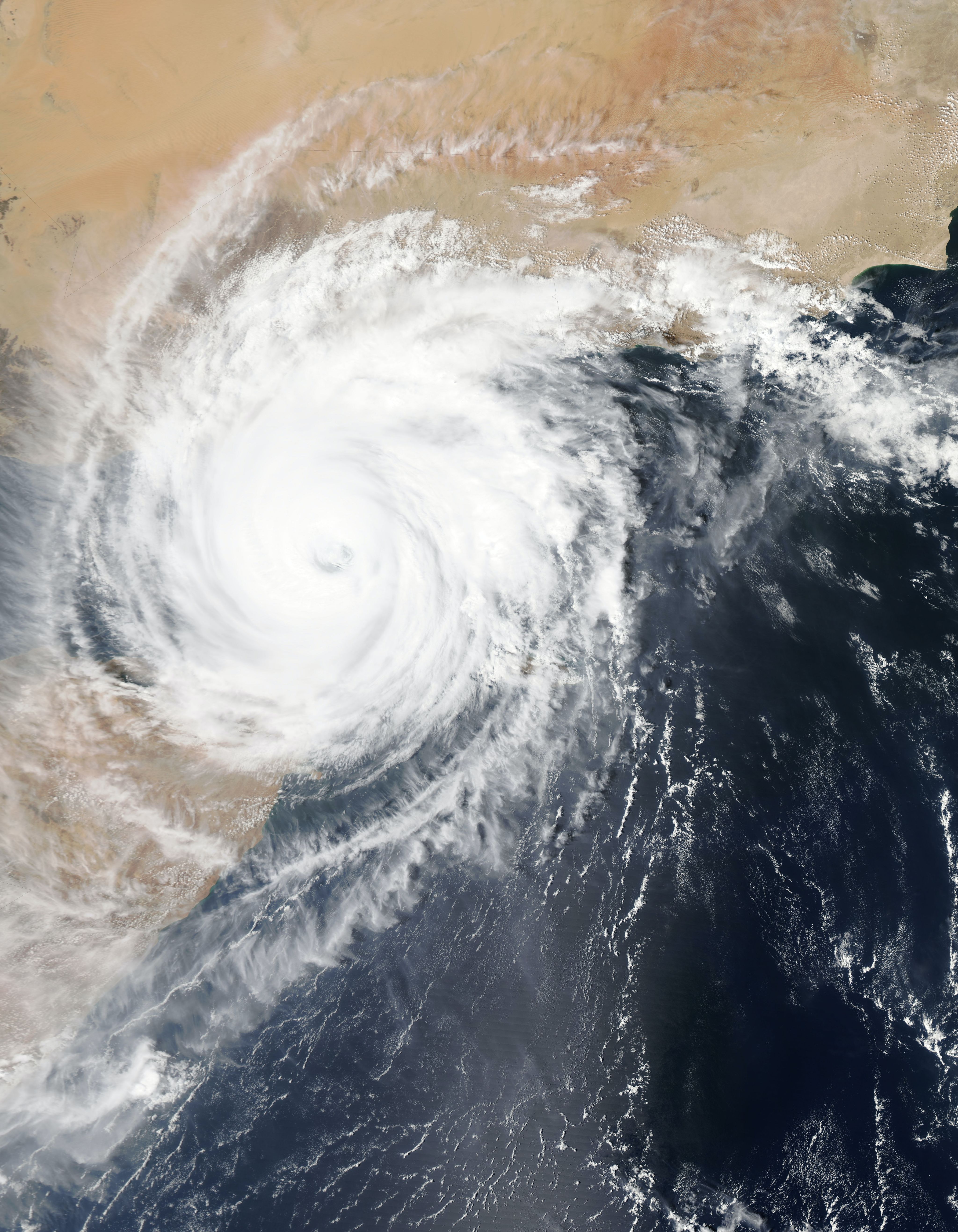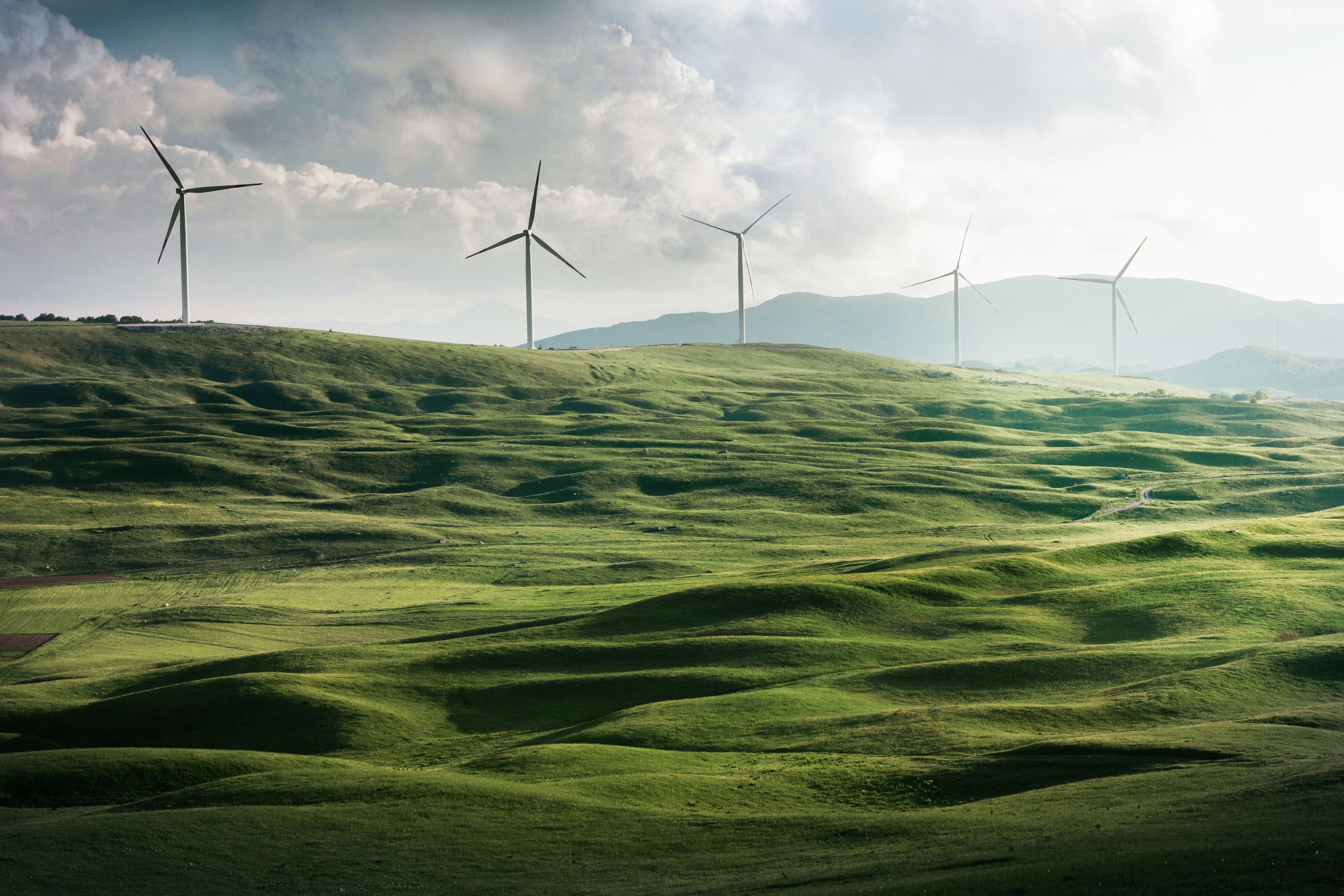Measuring how we cope with runaway energy bills
The Bartlett’s Smart Energy Research Lab has provided unprecedented insights into UK household energy use – and how we respond to rising energy costs.
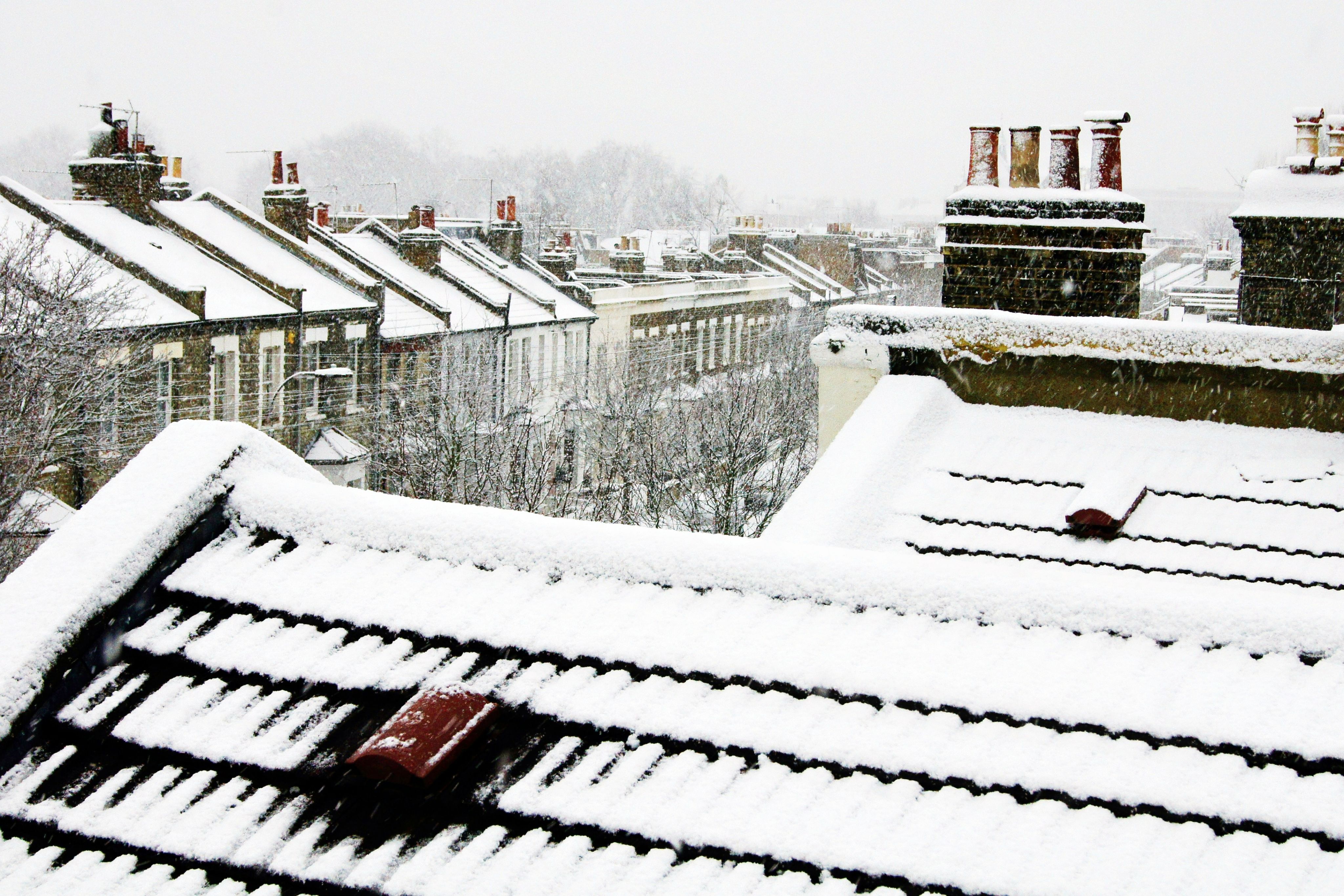
Dr Clare Hanmer and Dr Ellen Zapata-Webborn work in The Bartlett’s Smart Energy Research Group (SERG)
The team manage the SERL (Smart Energy Research Laboratory) Observatory dataset, combining data from 13,000 GB households’ smart meters with surveys that investigate how the occupants are heating, lighting and powering their homes.
The SERL team spent several years creating a computing environment secure enough to process this highly confidential information. As Clare explains:
“Participants understand that their personal data will never be made publicly available, and they will never be identified in any research results. We take our legal and ethical responsibilities to keep the data secure very seriously, and much of the initial phase of the SERL project was focused on ensuring that the right procedures were in place."
This research proved particularly useful in 2022, when UK gas and electric costs increased to roughly double those of the previous year.
The unique SERL dataset provided an unprecedented opportunity to investigate the impact of high energy prices. The team carried out an energy survey in early 2023 asking people about changes in their energy-using behaviour. An overview of the results from the survey (led by Associate Professor Gesche M. Heubner) has been published in Scientific Reports.
Survey respondents from the study 'Winter demand falls as fuel bills rise'
Survey respondents from the study 'Winter demand falls as fuel bills rise'
Using less, paying more
Analysis of the survey responses combined with smart meter data allowed Ellen and the team to show that average winter electricity used in the SERL Observatory households dropped by 8.4% and winter gas use fell by 10.8% - but consumers still paid more overall.
They found that consumers paid £34 per month more for electricity and gas during the 2022-2023 winter than they had in 2021-2022 winter despite using less energy overall, but they saved £29 per month over what they would have paid if they consumed energy at the same rate as the 2021-2022 winter.
The study reveals what actions people took - which were most cost effective, which weren’t, and how this impacted people’s health and wellbeing. They found that surprisingly often the actions people took were not necessarily the most effective ones to reduce their energy consumption.
Overall, decreasing heat use was by far the most effective way to reduce energy bills. The single action that correlated with the biggest reductions in consumption was heating the home for fewer hours.
Conversely, using an electric heater instead of central gas heating reduced energy use - but increased bills overall.
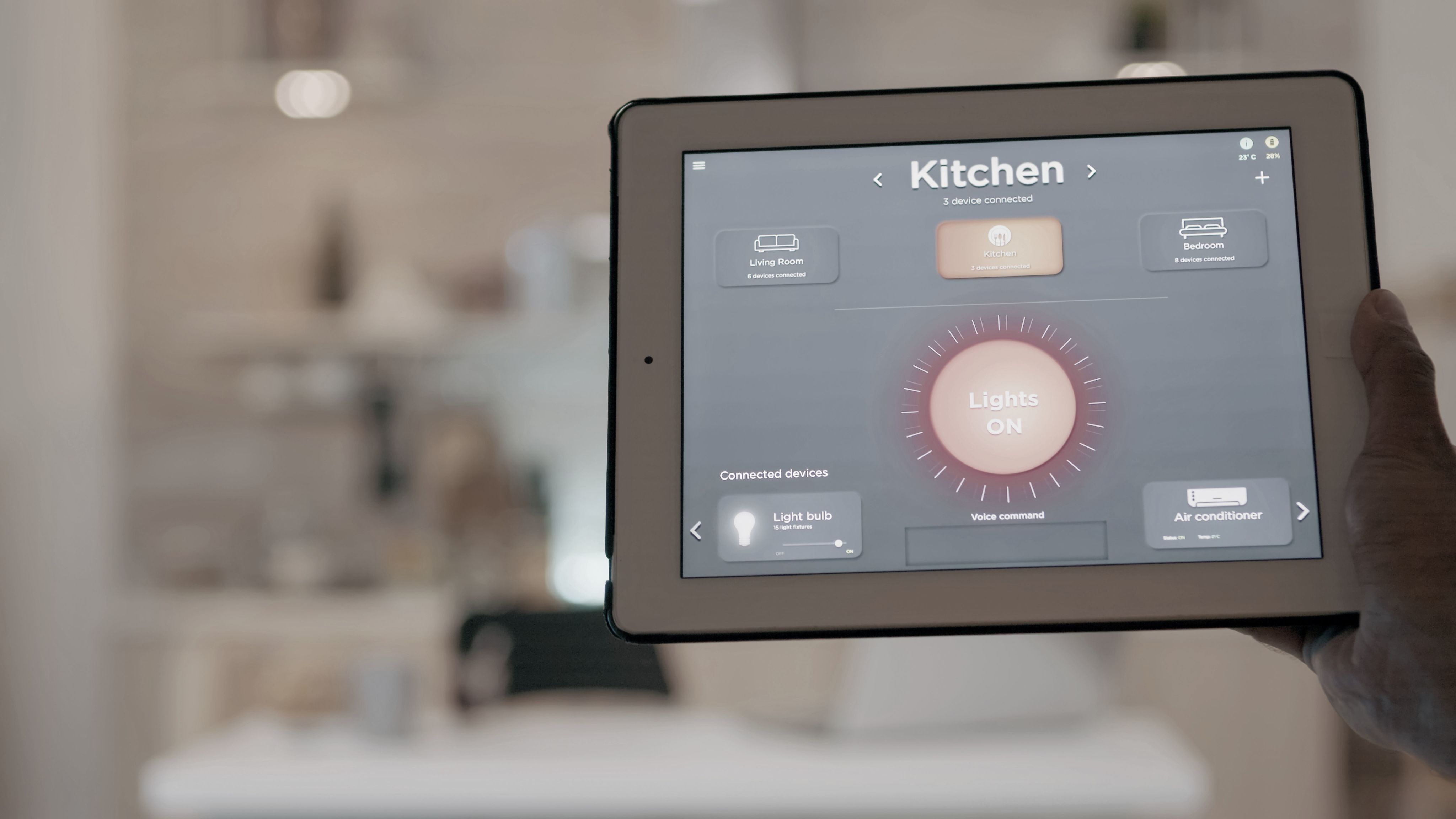
The human cost of energy saving
The research, published in Energy and Buildings and Scientific Reports, also highlights the dark side of energy saving – when it reduces quality of life and is not a choice but a necessity due to high costs, inefficient homes and poor heating systems. Though energy saving is important for household budgets and fighting the climate crisis, simply encouraging consumption reduction can leave the fuel poor in cold homes without hot meals and lower life satisfaction.
Worryingly, the homes who reduced their energy consumption the most were the same people who reported significant financial difficulties and lower wellbeing – making it likely that reducing energy consumption to this extent is simply an unsustainable necessity, rather than a choice.
Some of the worst-hit consumers were those on pre-payment meters because they have to find the extra money for energy bills immediately, while often being those least able to do so. This is most acute during cold snaps, when keeping warm costs the most.
Ellen said, “By investigating the full economic and wellbeing outcomes of last winter’s energy crisis, we hope to better understand the impacts that high fuel and energy prices are having on people across the country, and the trade-offs that they’re having to make.”
“By investigating the full economic and wellbeing outcomes of last winter’s energy crisis, we hope to better understand the impacts that high fuel and energy prices are having on people across the country, and the trade-offs that they’re having to make.”
Dr Ellen Zapata-Webborn, Smart Energy Research Group

Using weather data to predict consumption, house by house
The researchers analysed the daily electricity and gas consumption of 5,594 households in Great Britain from October 2022 through March 2023 to see how energy consumption compared to the previous year. The team combined data drawn from smart energy meters and weather records to create a model of consumer behaviour.
Ellen explains: “Energy demand varies, depending on the weather – outside temperatures, amounts of sunshine, wind and rain. We fed climate data into a machine learning algorithm which allowed it to predict energy use on days with different weather.
“The machine learning involved building an individual model for every house for which we had sufficient data. The model ‘learnt’ how each house behaved over a period in winter 2021/22. We then used the model to calculate the counterfactual energy demand for winter 2022/23, and compare that with the actual demand.”
The unique contribution of the SERL team is to provide background information which can be used to inform energy policy and to communicate this to key audiences. “SERL provides energy analysis to DESNZ and other government and industry stakeholders, working with our unique dataset to inform policy makers,” said Clare.
“This research can help the UK become more energy efficient, help households safely reduce their energy bills – and protect the environment, too.”
“This research can help the UK become more energy efficient, help households safely reduce their energy bills – and protect the environment, too.”
Dr Clare Hanmer, Smart Energy Research Group
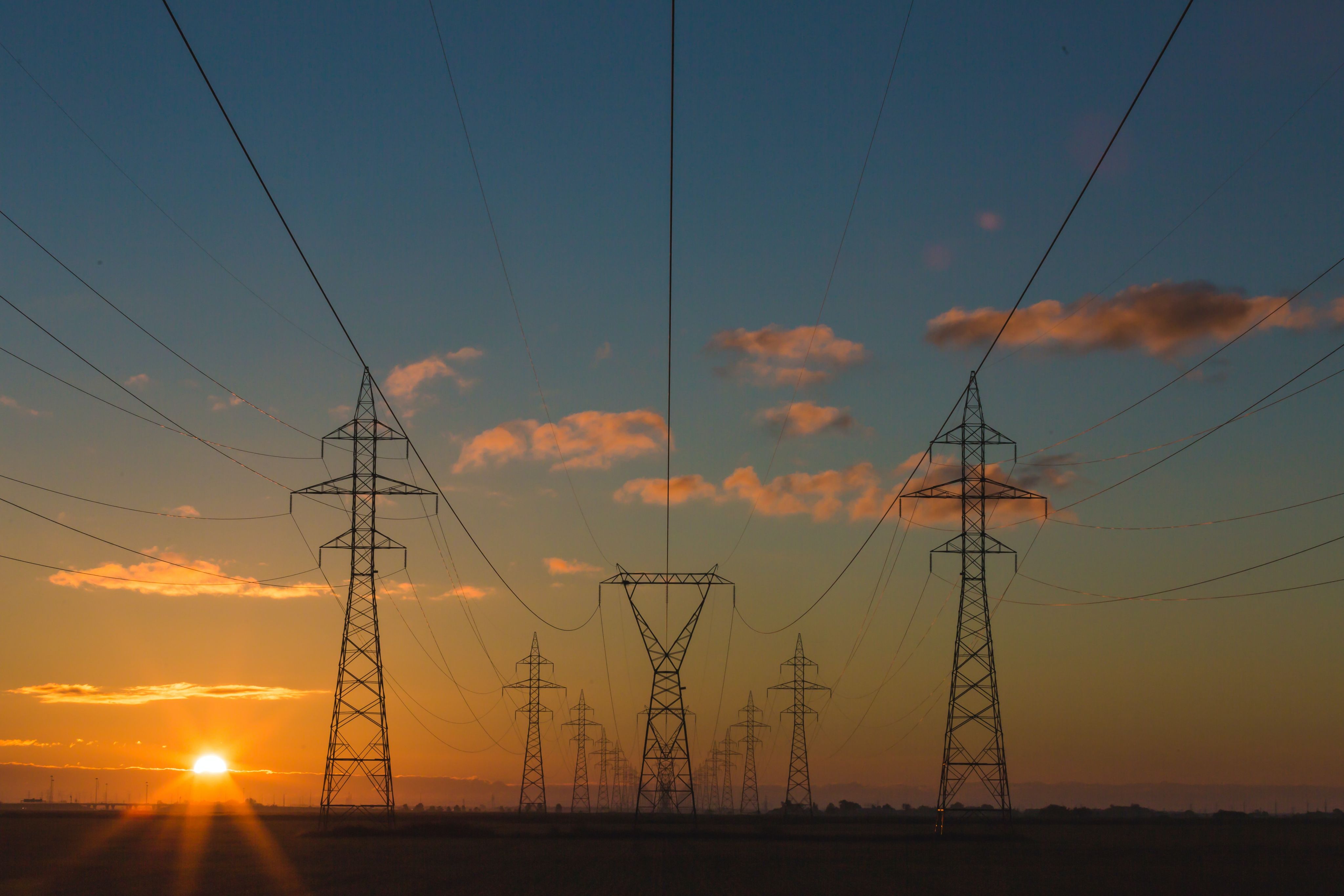
About the authors
Dr Clare Hanmer
Research Fellow in Buildings and Energy, Energy Institute, Bartlett School of Environment, Energy & Resources
Clare is a member of the Smart Energy Research Group team at the UCL Energy Institute. She works with gas and electricity smart meter data to analyse patterns and changes in household energy demand.
Dr Ellen Zapata-Webborn
Senior Research Fellow in Data Science & End Use Energy Demand, Energy Institute, Bartlett School of Environment, Energy & Resources
Ellen's current focus is on the design and analysis of smart meter trials as a member of the Smart Energy Research Group.
Photo by Appolinary Kalashnikova on Unsplash
Photo by Appolinary Kalashnikova on Unsplash
Learn more about Energy Systems and Data Analytics
Our industry-leading master's degree in Energy Systems and Data Analytics enables you to study energy systems through the lens of advanced data analytics, and unlock the transformative potential of big data to reshape the energy sector.
Story produced by All Things Words
© UCL The Bartlett 2024


